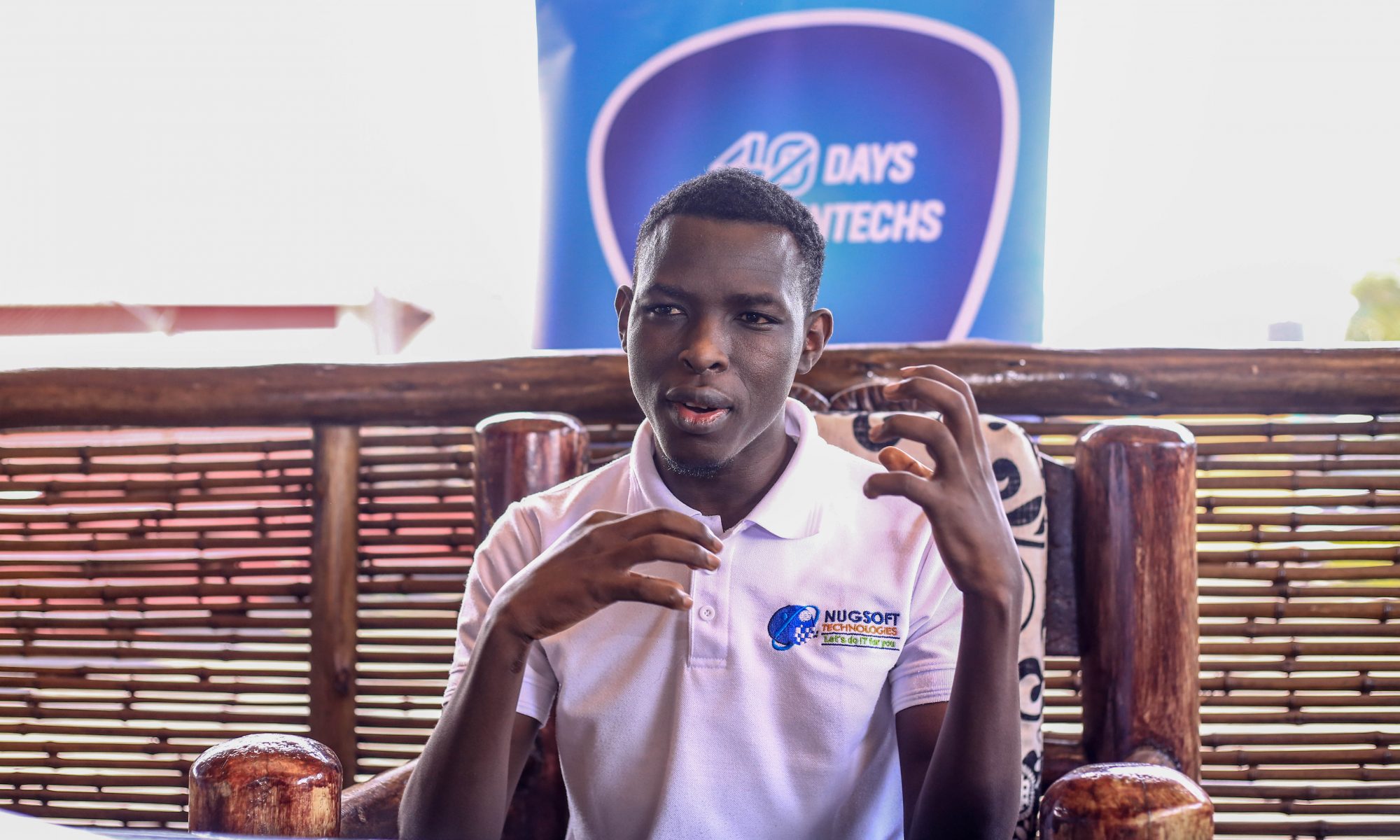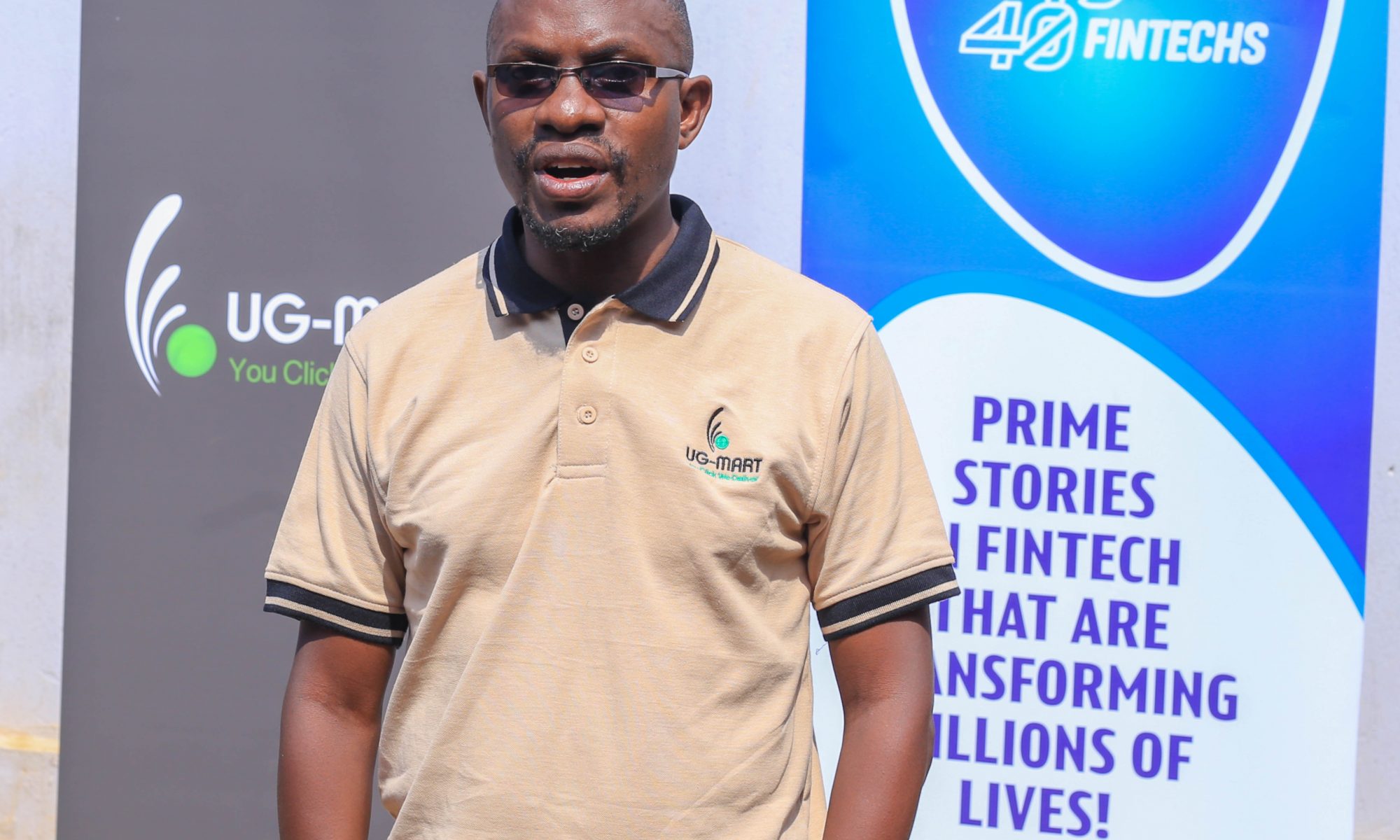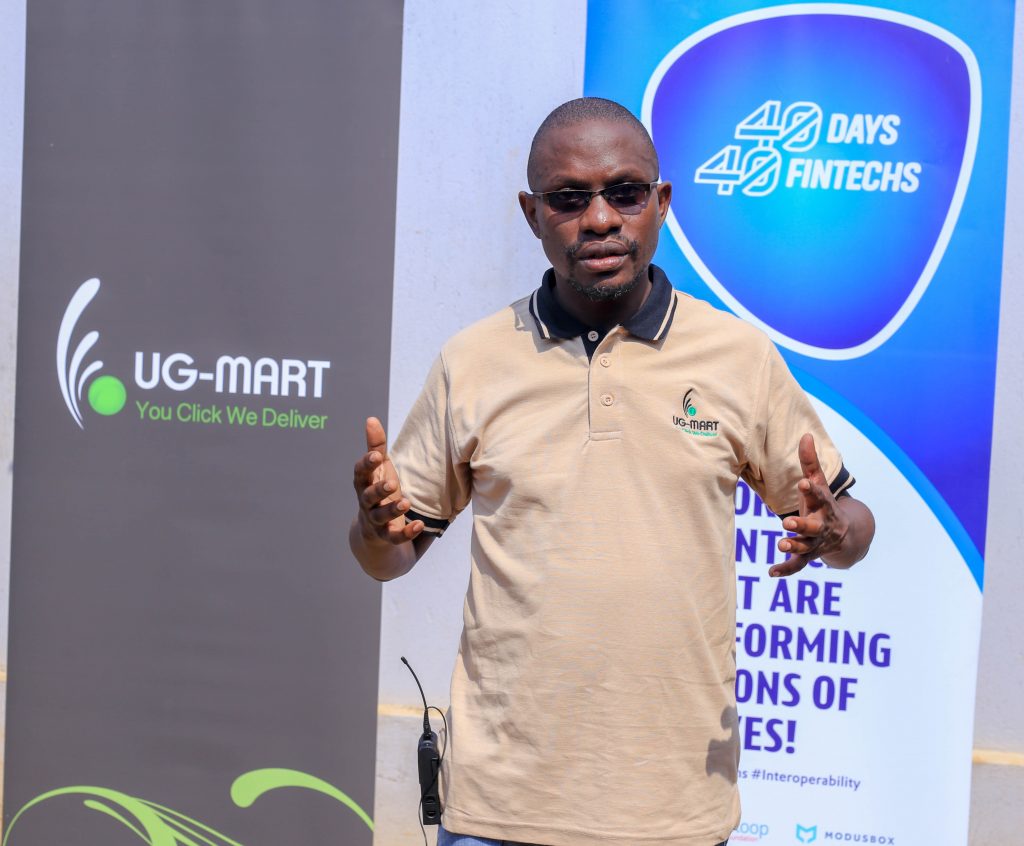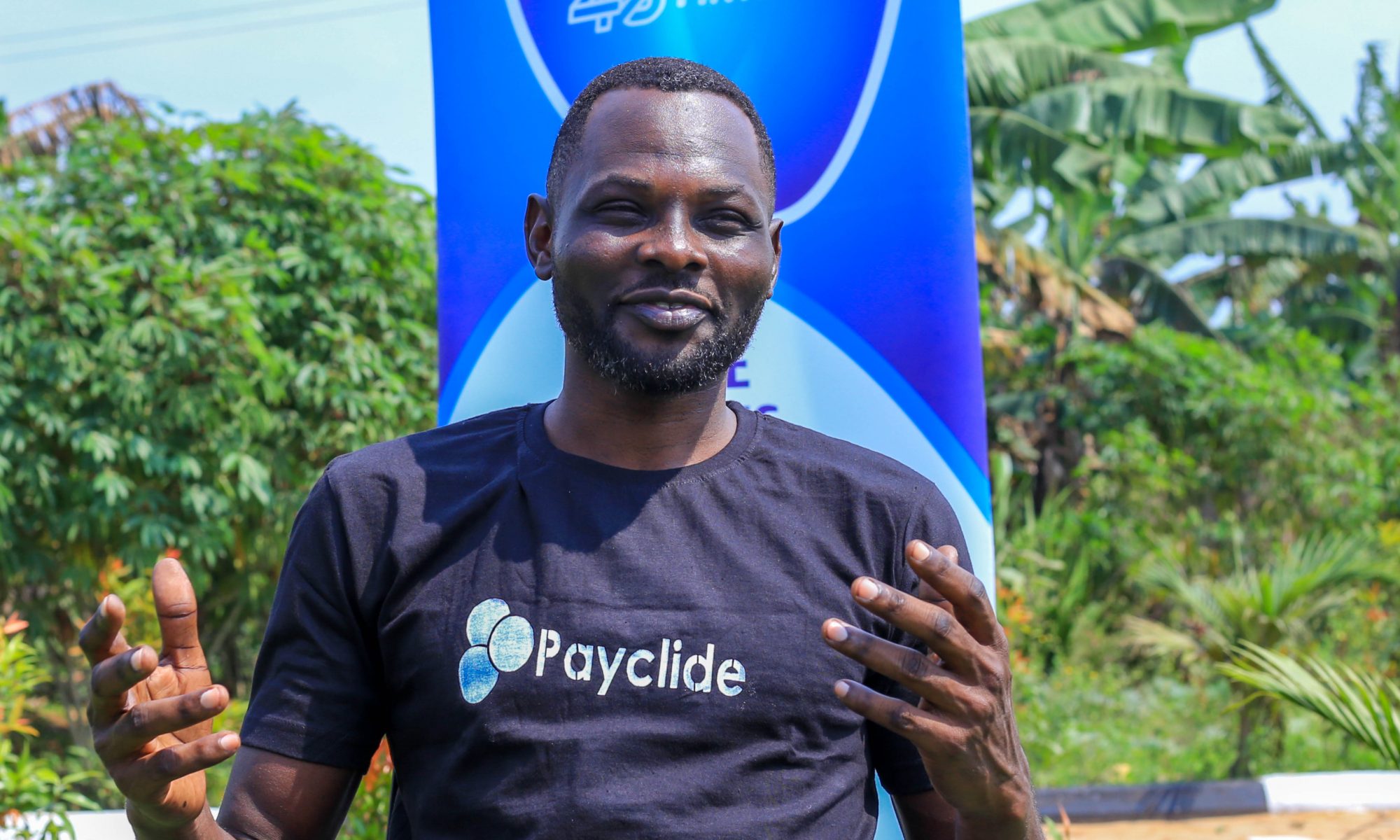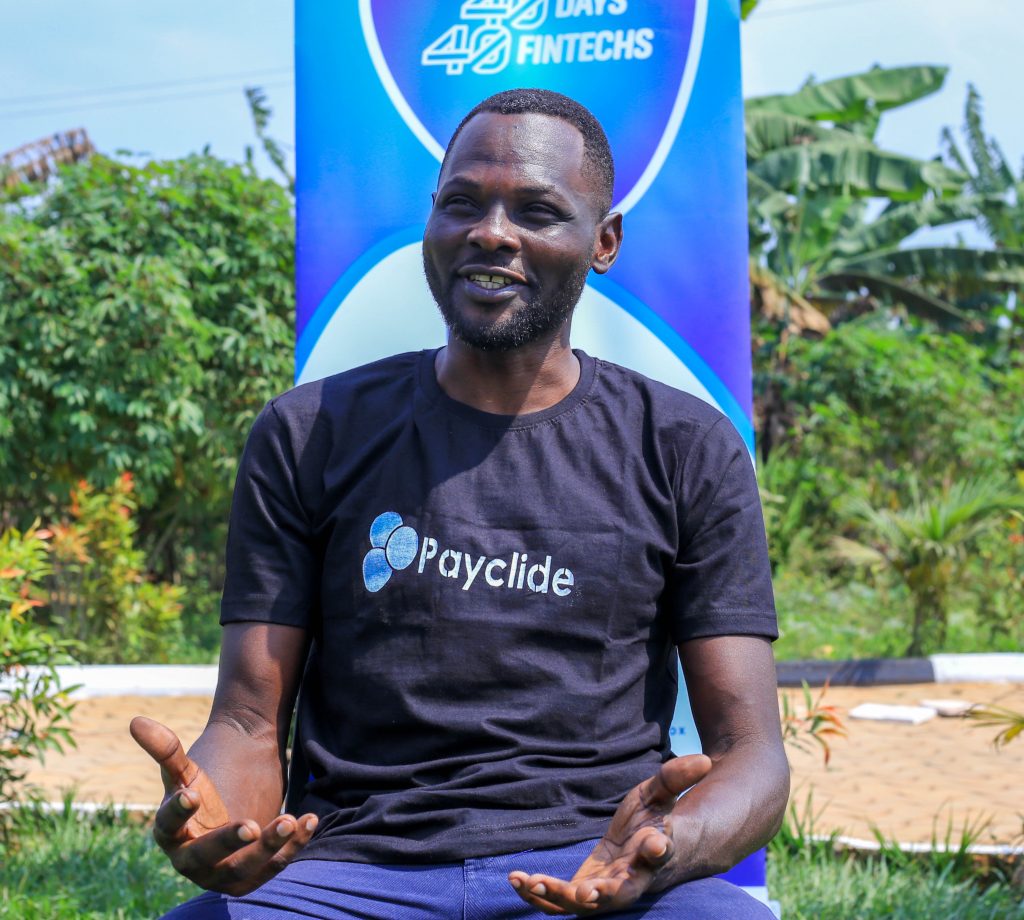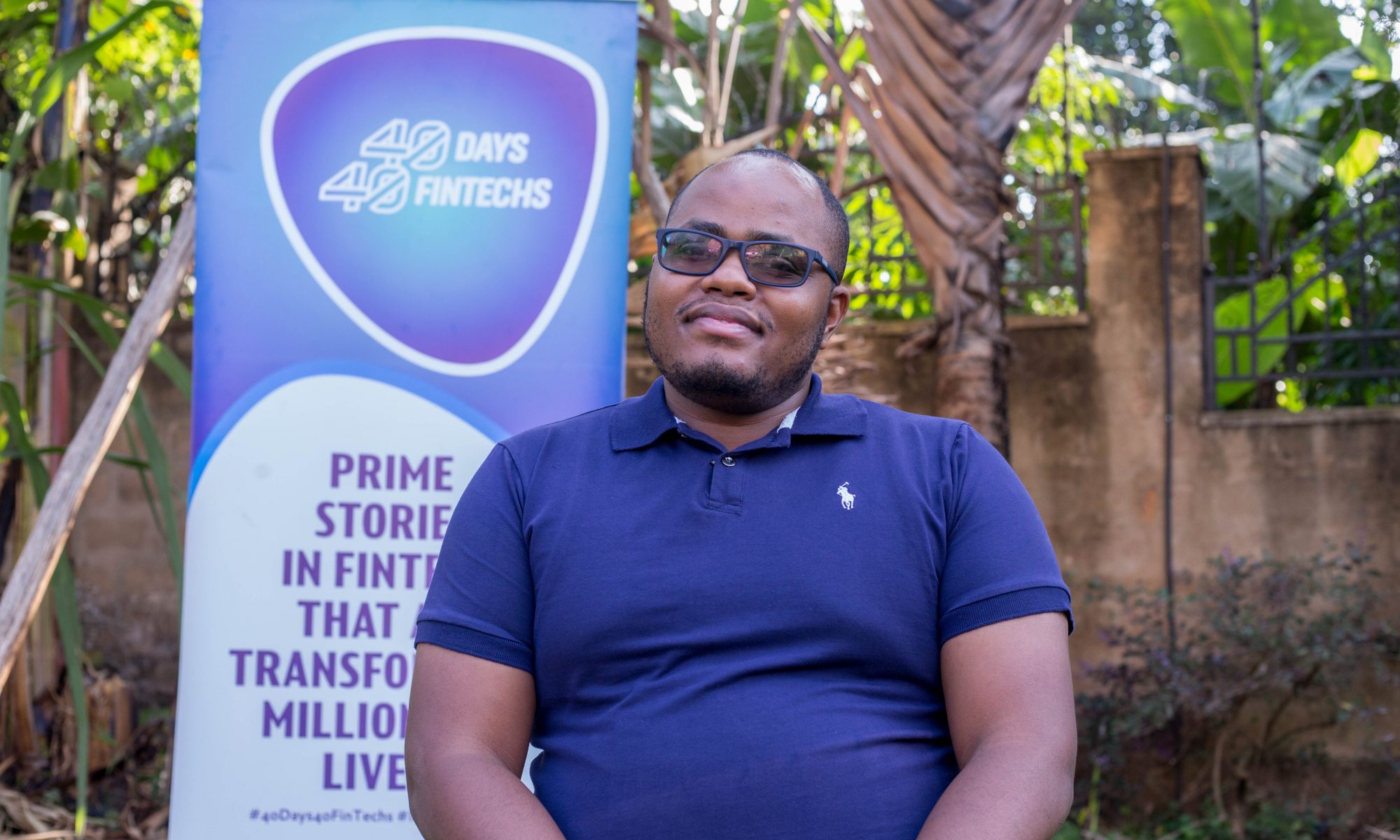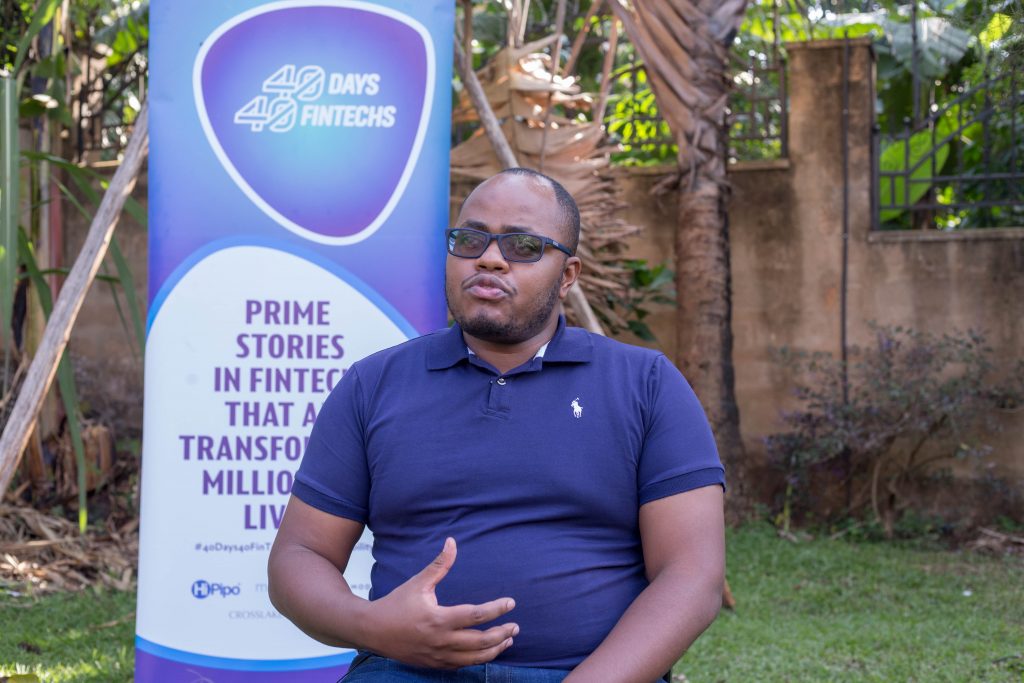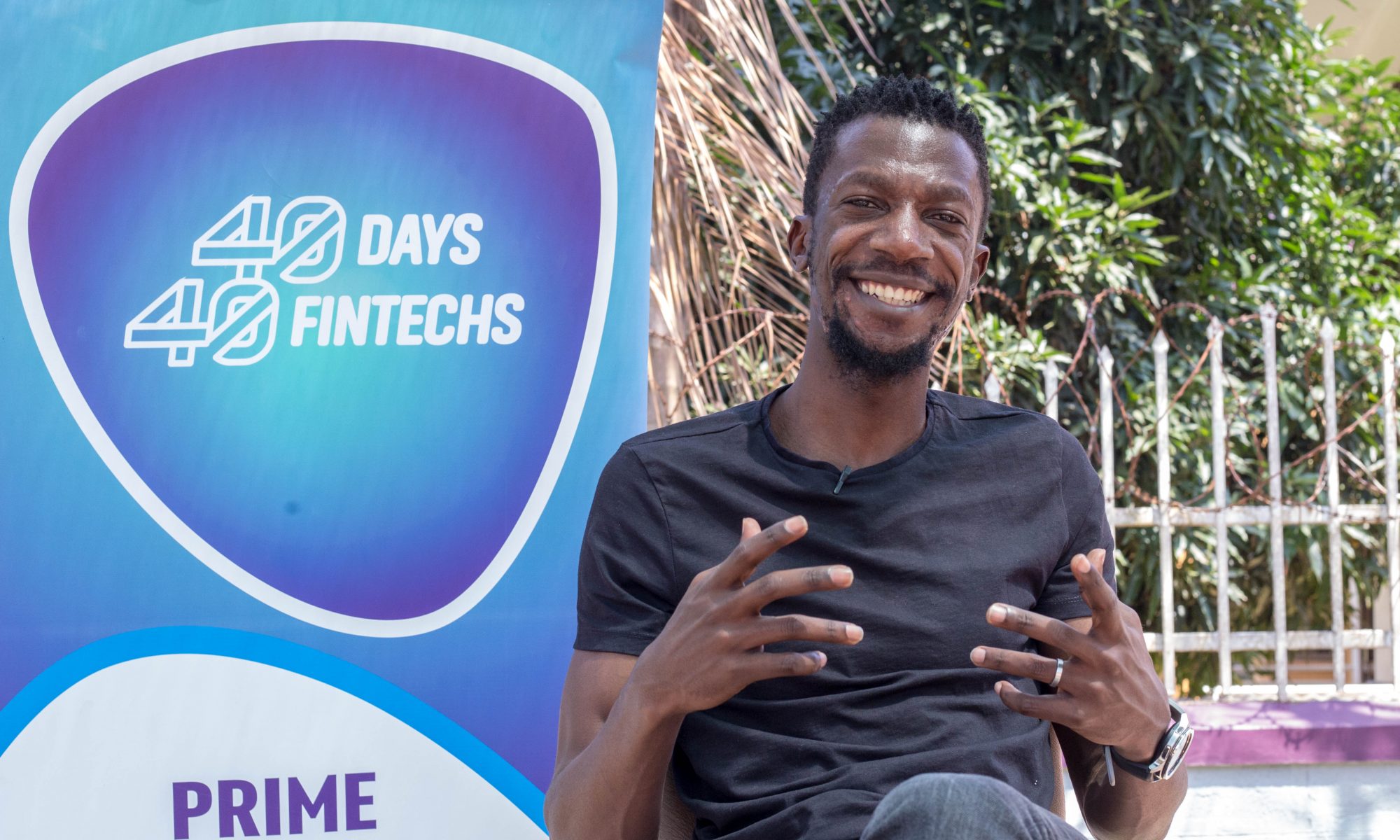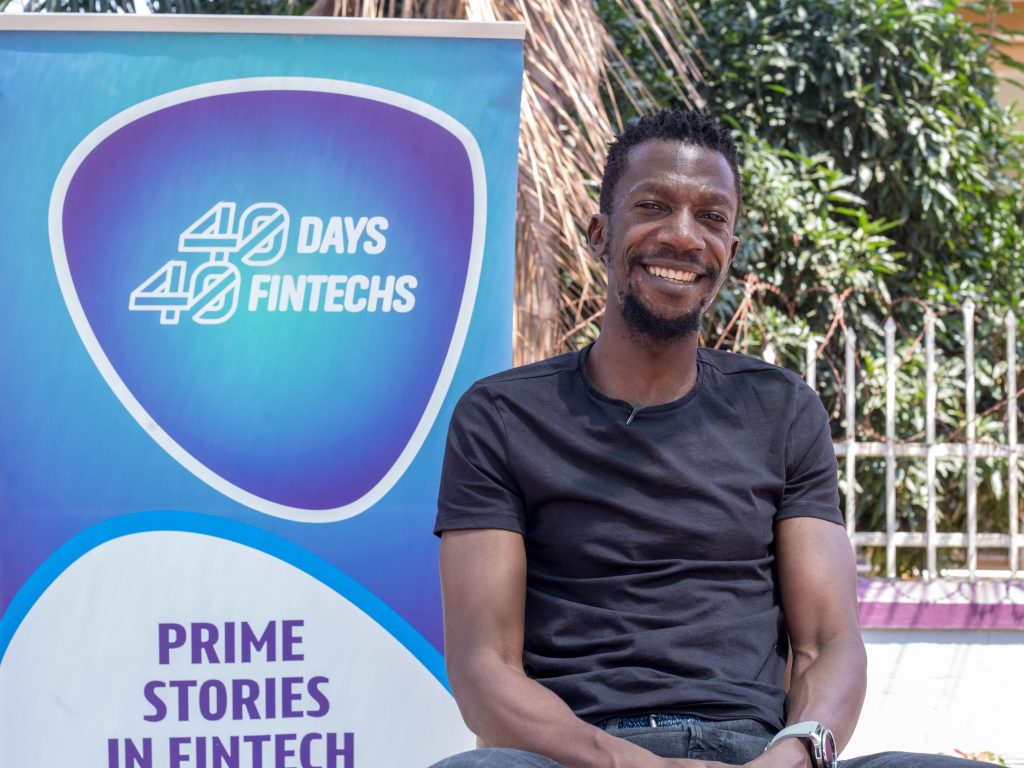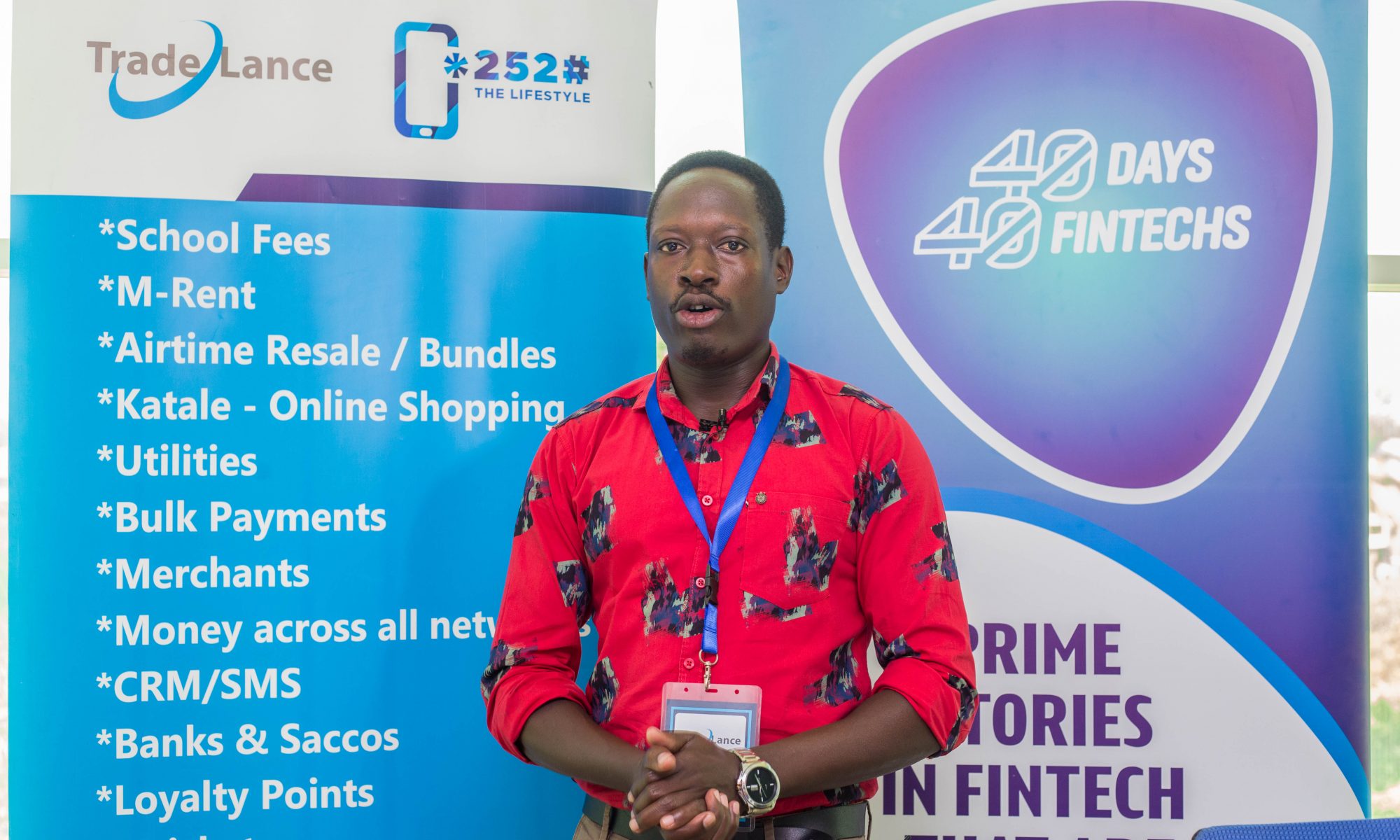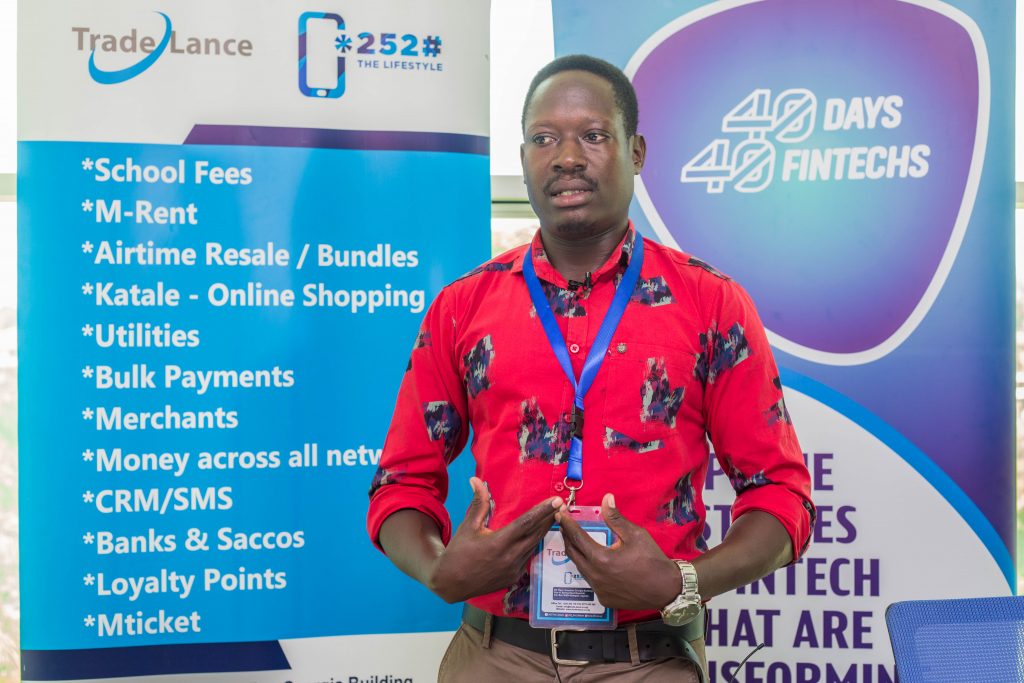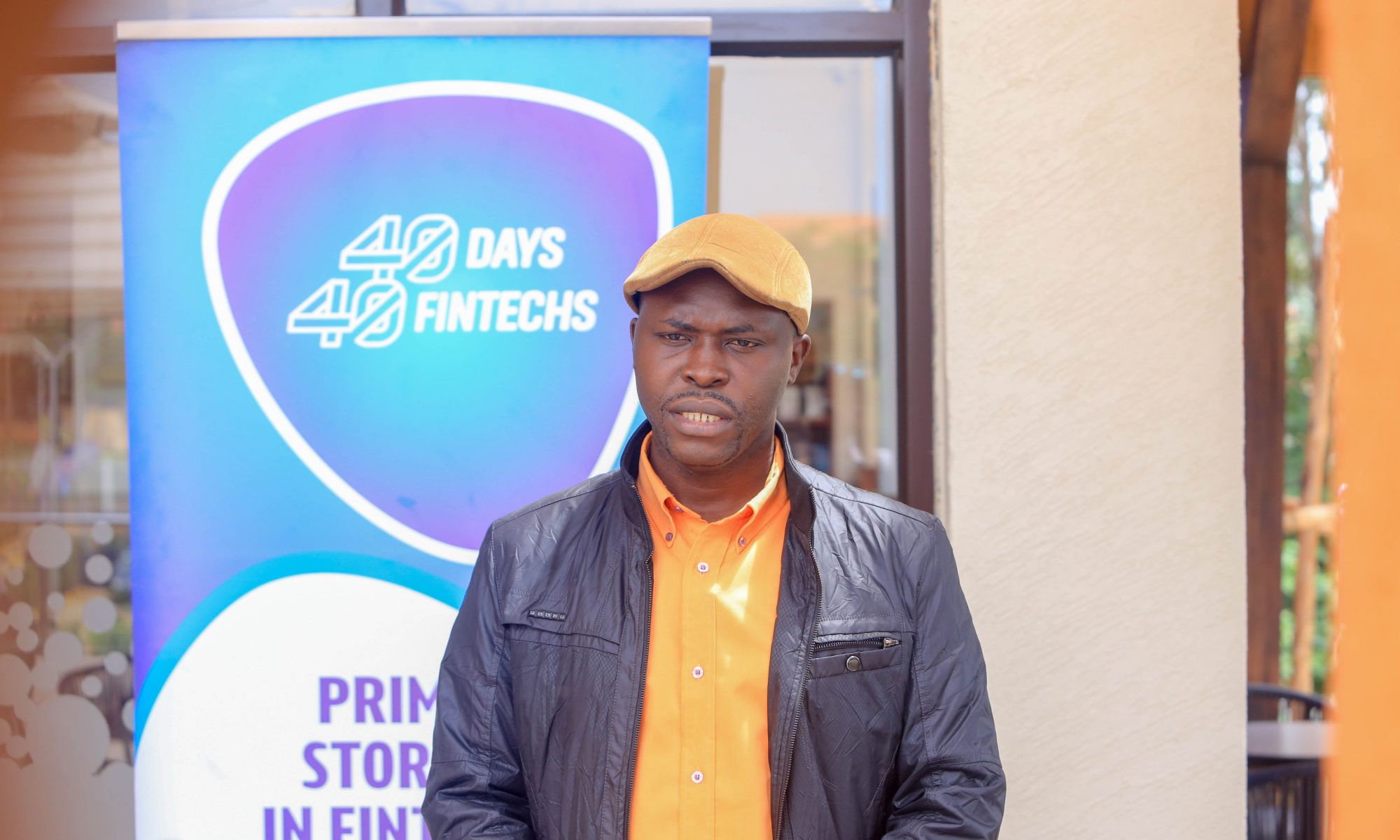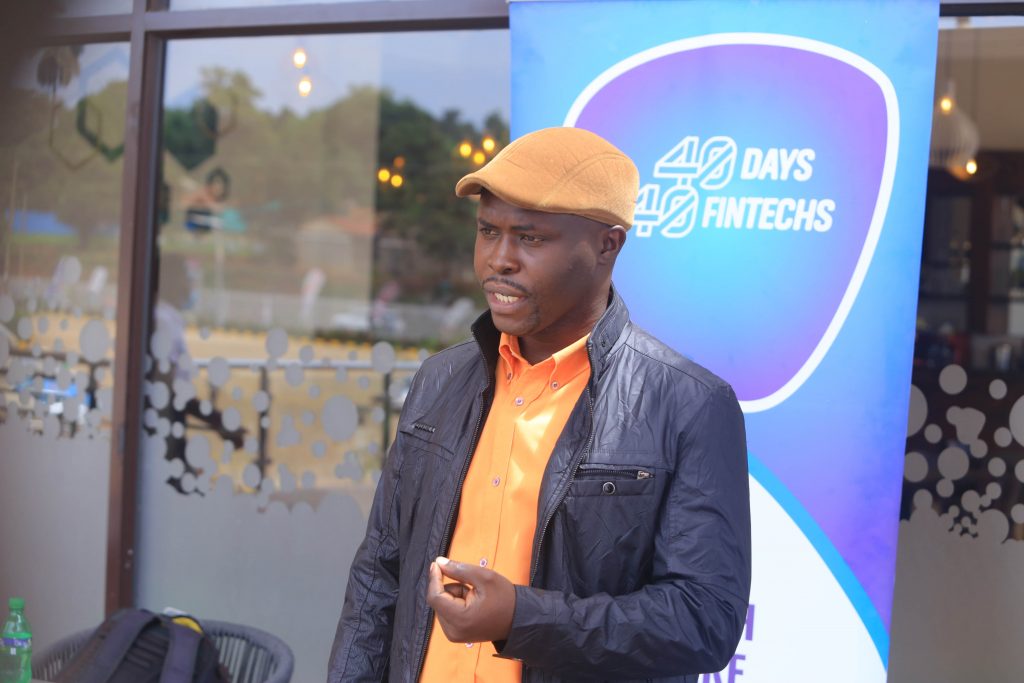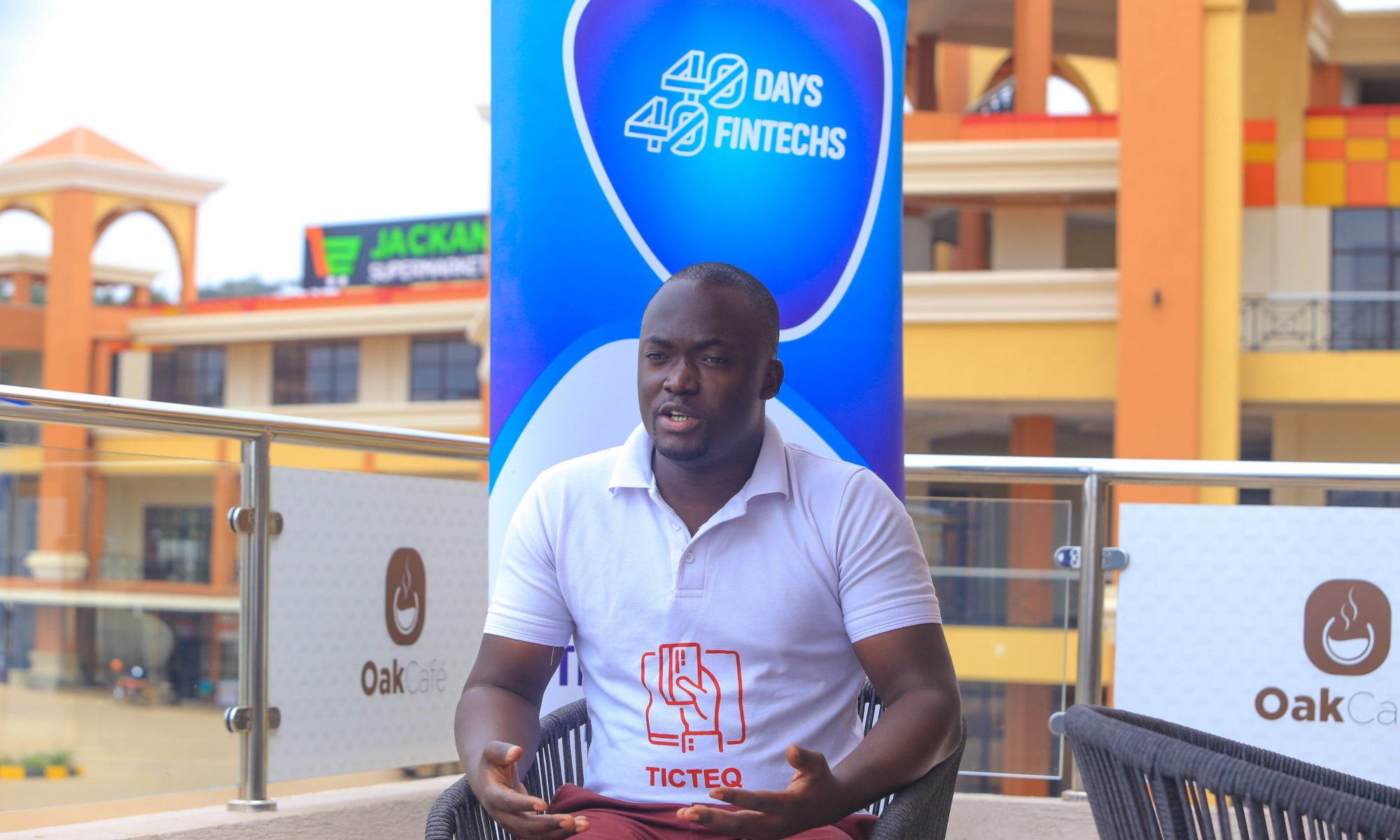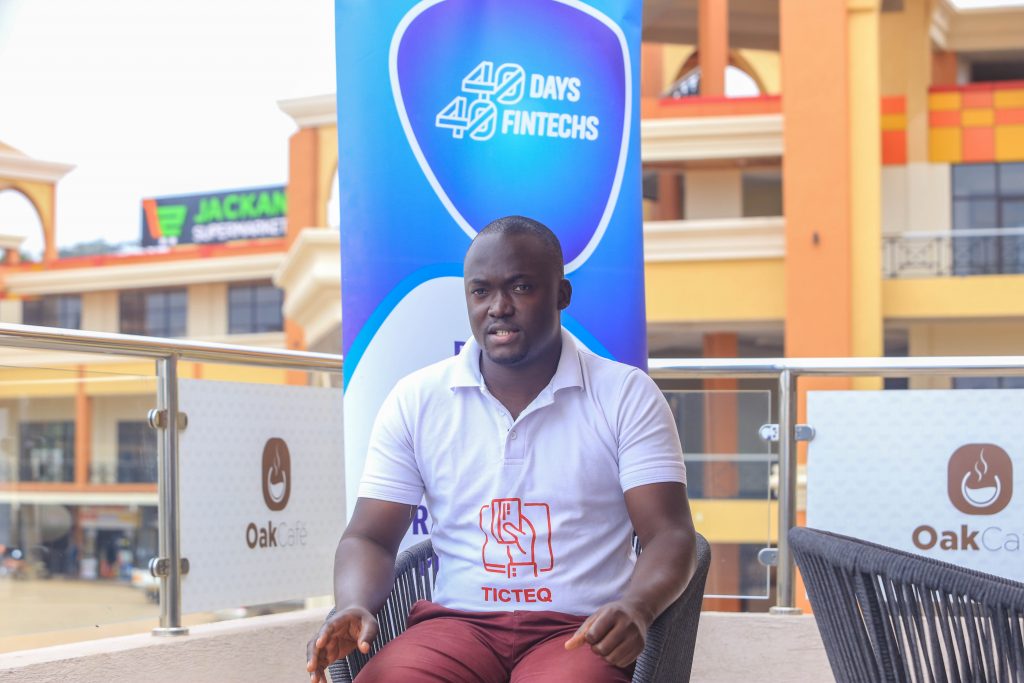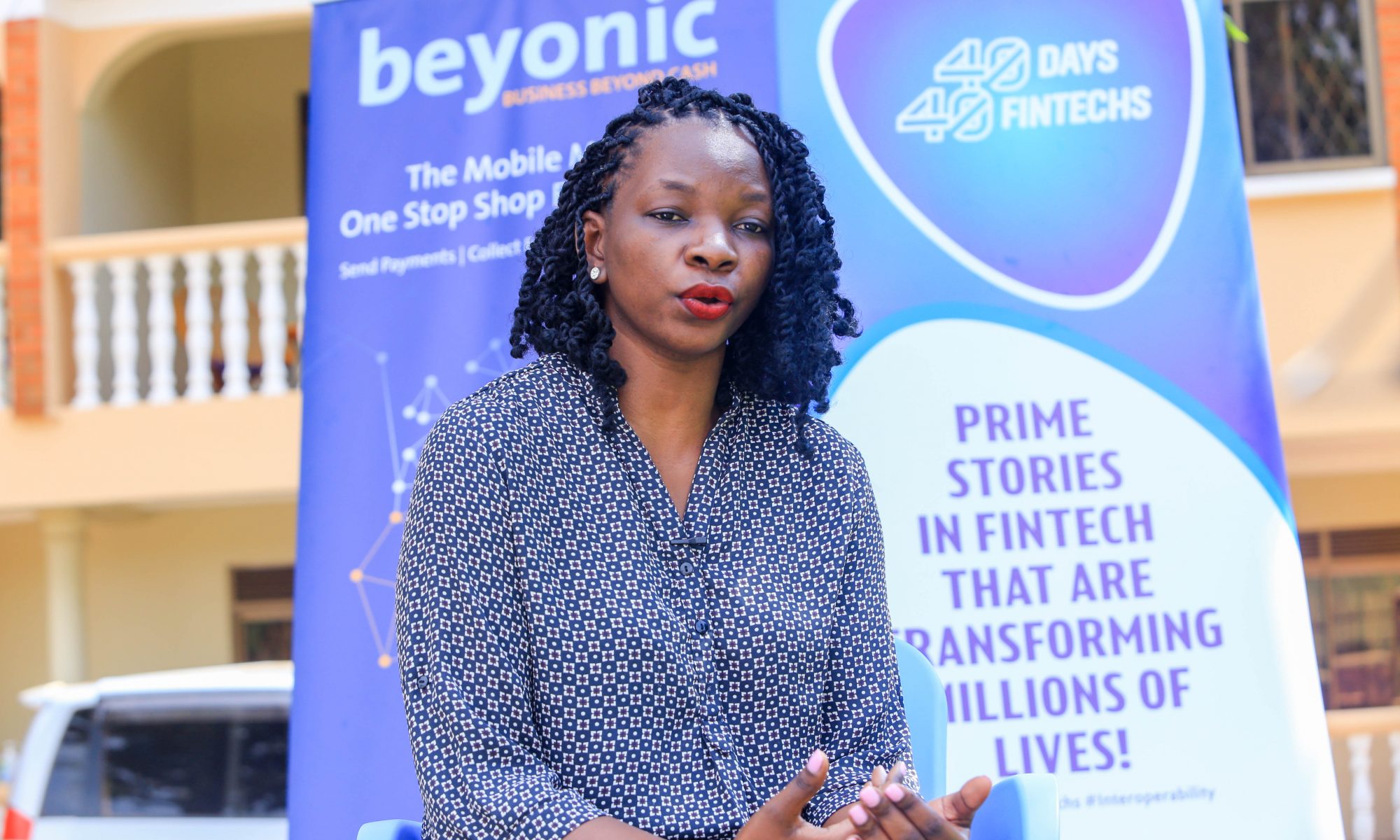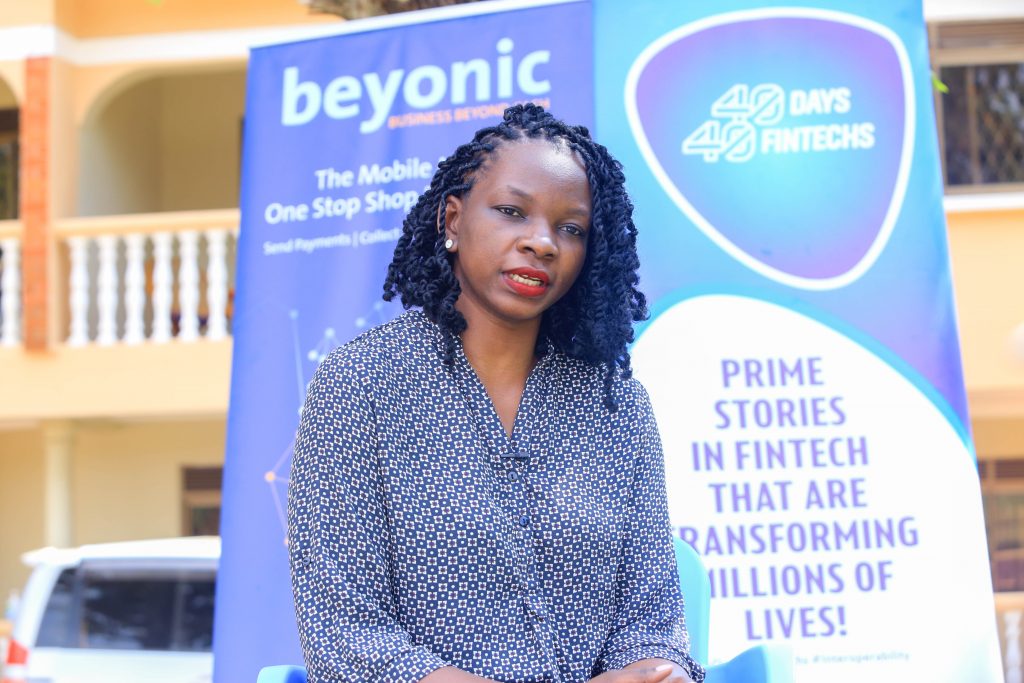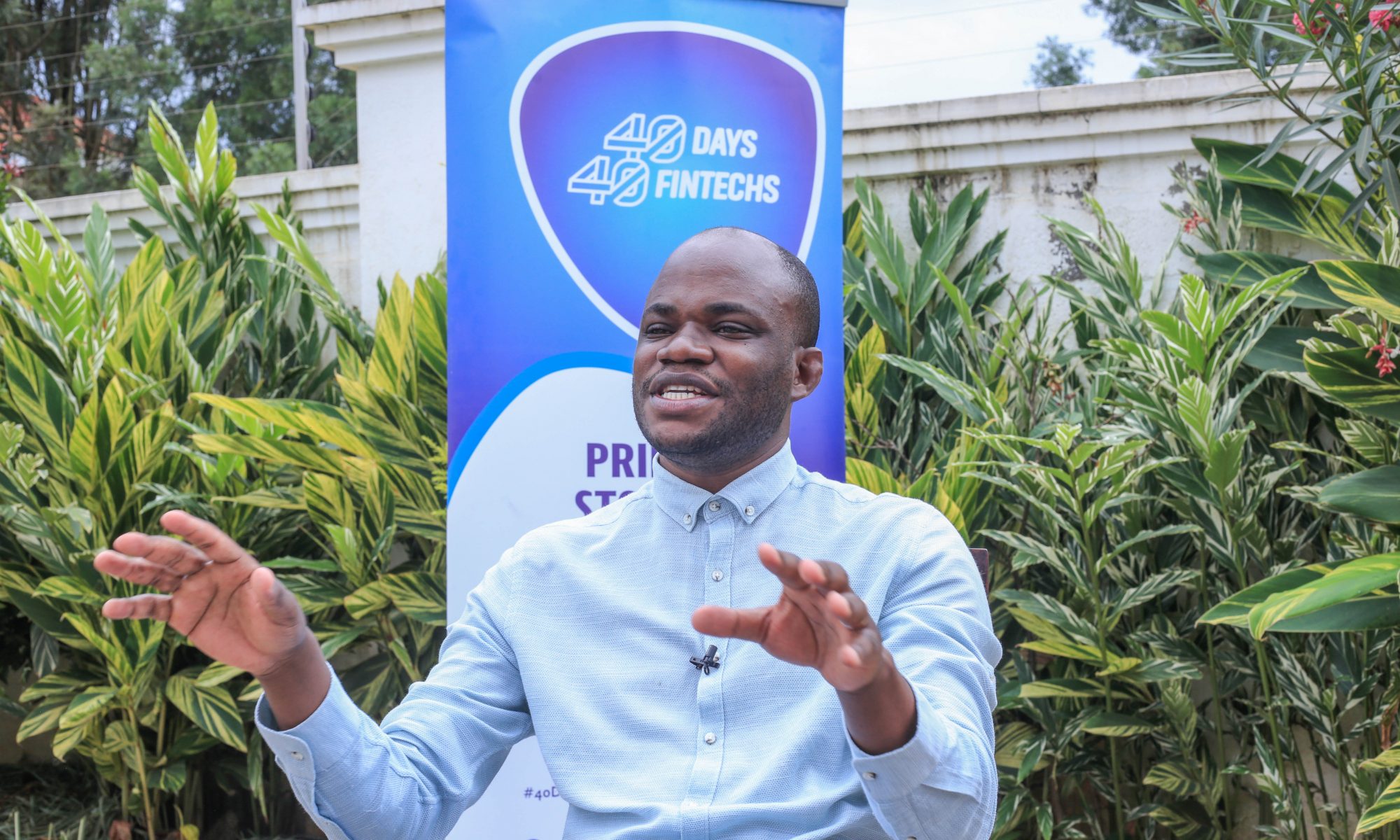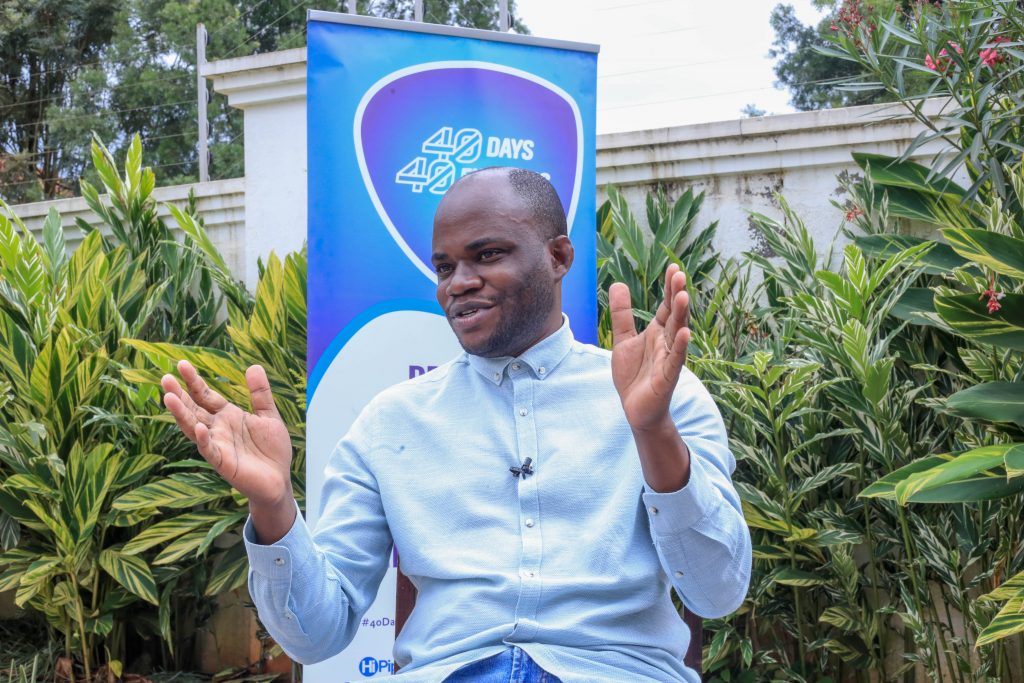By our writer
While every business needs credit at one point to support enterprise growth, most Uganda Micro, Small and Medium Enterprises (MSMEs) and farmers have always been deprived of this.
This is mainly because they lack collateral and financial records that most lending institutions require before giving out a loan.
To bridge this gap, however, EverLend Uganda, a Financial Technology Company (FinTech), has innovated a non-collateral credit services model that is expected to salvage the initially excluded category of borrowers, starting with farmers and small businesses in Ibanda district, western Uganda.
Established in 2020, the FinTech offers a range of digital credit services, ranging from SME loans to agricultural loans and farm-inputs on credit.
According to the company’s Chief Executive Officer Danson Nahabwe, the innovation sought to fill a market gap, where despite being in need of some form of credit to inject in their enterprises, small businesses and farmers were often excluded.
“We do not require security to get access to credit services. We do this because we want to ensure that we are financially inclusive. For us, anyone qualifies for a loan,” he says.
For one to access a loan, they simply have to download the EverLend App on their mobile phones or signup on their website – www.everlendug.com and answer a few questions.
Basing on the given answers, the system determines one’s loan limit.
Nahabwe, however, notes, that if one wants to exceed the given loan limits, they can request to have the loan amount increased and they will get back within 30 minutes to ask for more information to assess if one qualifies for the amount they are asking for.
If one can complete the entire process online, the money is be disbursed there and then.
In addition to providing credit, EverLend also extends market information to its clients, in addition to giving them record management systems to help them improve business management processes.
While the solution is still being piloted in only one district of Ibanda in western Uganda, the number of customers who have used the service within this short period of time is testimony to the credit-drought that small businesses and farmers were facing.
According to Nahabwe, they have since served over 100 clients to date, with 90% of the clients being women.
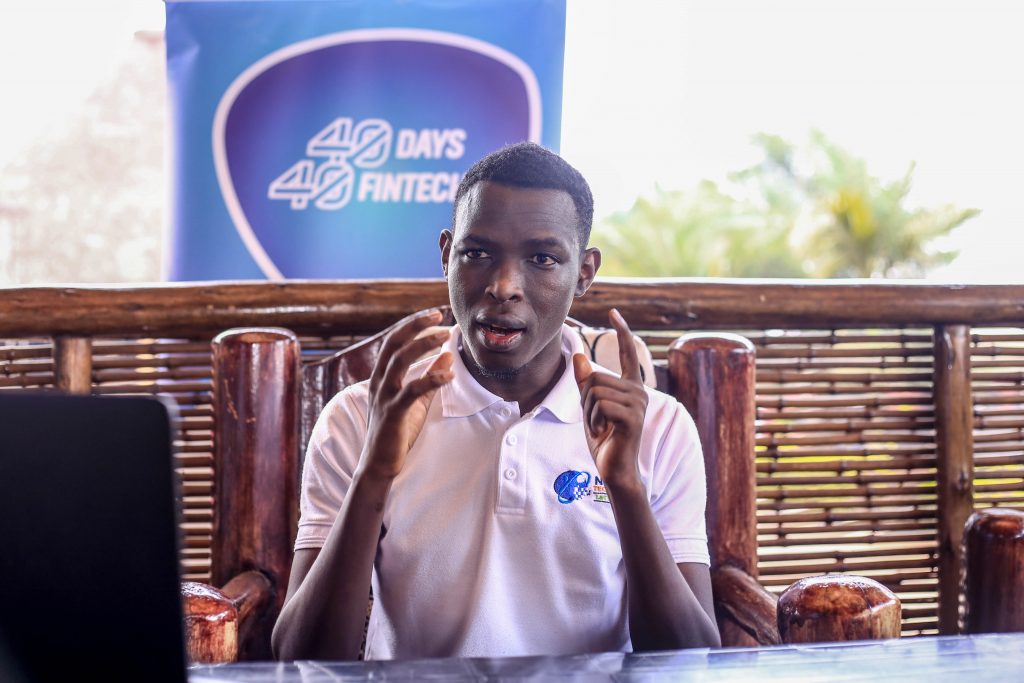
Nahabwe explains that they intend to scale-up the solution to the entire country in future and to other East African countries, starting with Rwanda.
40-Days 40-FinTechs
EverLend Uganda is among the firms participating in this year’s edition of the 40-Days 40-FinTechs initiative, organised by HiPipo in partnership with Crosslake Technologies, ModusBox and Mojaloop Foundation, and sponsored by the Gates Foundation.
Nahabwe commended HiPipo for the initiative, saying that it will create for them visibility, help them learn from the world’s best players and adopt best financial inclusion best practices.
Additionally, he notes, they will be helped to scale their non-collateral credit services model.
The HiPipo Chief Executive Officer Innocent Kawooya notes that the 40-Days 40-FinTech project seeks to boost the African FinTech ecosystem to enable innovators enjoy sustainable profitability to help them design and deploy affordable and inclusive financial services for the poor.
He alludes that FinTech in Africa offers attractive opportunities and that investors are rightfully picking interest in the various startups that are offering a plethora of services, ranging from payments and lending, remittances, cross-border transfers and neobanks, among others.
“Each of these services solves unique sets of challenges that is why we have this initiative because we want to contribute towards solving the unique challenges that the everyday person faces.”

